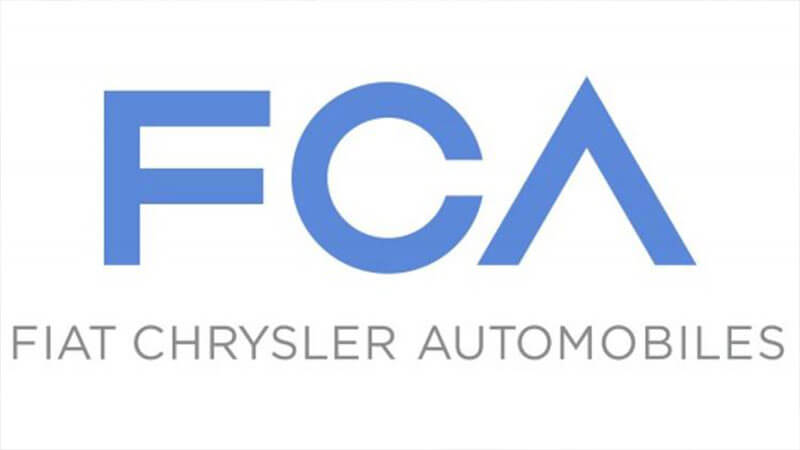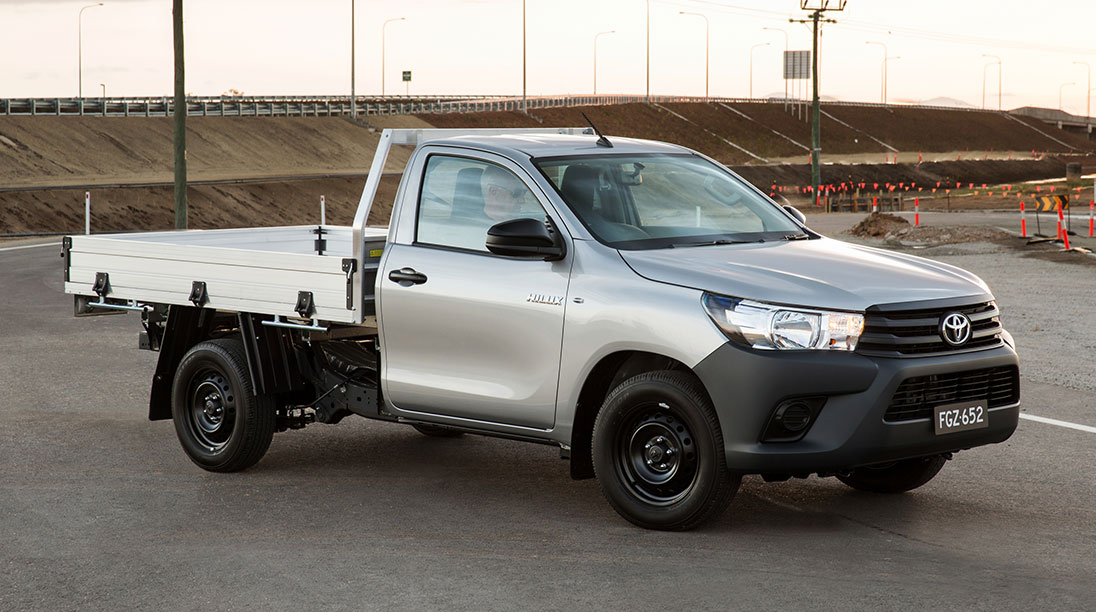
Stephane Lamari
OVER the past three years, well-documented angst by Jeep owners has echoed loudly through showrooms, boardrooms and on social media, damaging both the parent company FCA Australia and prospective buyers’ trust with the Jeep brand.
Then, last year two things happened. The previous FCA Australia president and CEO Pat Dougherty sought answers and mid-2016 employed aftersales specialist Stephane Lamari out of FCA in Europe, and the factory switched presidents and promoted former customer-care expert Steve Zanlunghi to the top job in Australia in late-2016.
The accent on customer care and aftersales was clearly market driven and aimed at quelling customer unrest that was eroding prospective sales. But it needed a long gestation period.
Now, after eight months, FCA Australia director of aftersales Stephane Lamari talks to GoAutoNews Premium about the changes he has implemented, the results of those changes and the need for FCA – and indeed all automotive businesses – to recognise the need to keep the customer satisfied.
“We had to put the basics in place before we could improve our relationship with the customer,” he said.
“For example, adding the capped-price service program required us to adopt a one-year service schedule in all new models, with the only exception being for those vehicles operating in harsh environments such as the centre of Australia.

Steve_Zanlunghi
“We then had to revise the parts prices so we could then make the capped-price service cost competitive in the market.
“Then we had to incorporate the option for customers to have a pre-paid maintenance program which had to be priced and up-to-date.
“So there were a lot of small steps needed just to get to the point of offering capped-price servicing.
“Then we had to do a similar exercise with the warranty which we have now extended to five years from three years. In addition, we have introduced a lifetime roadside assistance program for new-vehicle buyers who keep their servicing with an FCA authorised dealer.
“To do that we had to find a provider with the right coverage around the country for roadside assistance, have the right price and offer the right service.
“We have an extended warranty but we had to make sure it offers exactly the same mechanical and electrical benefits as a new-car warranty.
“Even as we have introduced these features to a new Jeep, there is still work to be done.”
To measure the changes, FCA uses the net promoter score that uses a point-scoring system from one to 10. Only a nine or 10 score rates as an improvement.
“The scores have improved 35 per cent compared with one year ago. I still see room for improvement but it shows that the improvements are on the up,” he said.
“Zagame Automotive, for example, has extremely good results.”
The important measurement of customer satisfaction in the “fixed first time” rate is also up, this time by 18 per cent.
Customer care is being outsourced with Allianz winning the bid. Allianz also runs FCA’s roadside assistance program.
“The call centre is trained only to deal with FCA products and concerns,” Mr Lamari said.
“Even though the job is outsourced, I treat Allianz and its staff as part of FCA. The results are already impressive; they solved 91 per cent of all problems and inquiries from customers in the period December 15 to January 15.
“They are empowered to have a budget to fix a problem. So, for example, they can approve a $40 taxi fare for a customer without having to take that request higher and cause a delay.”
Mr Lamari said “great progress” had been made with the DMS and he now has 70 per cent of the national dealers sending in service data that can be immediately acted upon to solve problems.
“It will take a bit more time to get to the stage where the data coming from dealers’ service centres is certified and correct. Now, about 20 per cent is in that category,” he said.
Customers had complained that there were extensive delays in getting parts and that in some cases, the prices were much higher than similar parts from other car manufacturers.
“So we have made changes to the parts supply, delivery and warehousing so we can reduce some warehouse space, which we will use to stock parts for our new Alfa Romeo Giulia,” Mr Lamari said.
“We put high-use components either in the dealer’s stock or, in the future, we will use regional warehouses to reduce the delivery times.”
He said some parts can take up to four days from being picked up from the Melbourne warehouse to being delivered at a dealer in, for example, Western Australia. FCA outsources this division, using CEVA for warehousing and Toll Logistic for delivery. Both roles are presently up for tender.
FCA is also tendering to outsource the management of training for its technicians and has sent technicians to Italy for one week. They will return to become trainers for the FCA dealers.
The focus on training in the workshop is also paying off.
“Our ‘fixed right first time’ measurement is now up 20 per cent compared with a year ago,” he said.
“That means we have reduced the number of customers returning to the Jeep service centre to have previous work rectified.”
But how does it work in comparison with other regions?
Mr Lamari said Australia was certainly in a better position than in previous years in terms of customer care and is closing in on some European countries.
“But there’s still a lot of work to be done and the changes we have made still have to filter down to the customer and impact on the next group of customers,” he said.
“But we have made a lot of progress.”
Changes and improvements made to the Jeep brand are also flowing into others beneath the FCA umbrella.
“For Alfa Romeo, we already have established a capped-price service program and a pre-paid maintenance schedule that is based on all the work we have done with Jeep,” Mr Lamari said.
“The only difference between Jeep and Alfa Romeo programs is that Alfa will retain a three-year warranty.”
FCA in Australia is the only region in the world to have a five-year warranty on any of its products.
“That is because we have to affirm to customers that we will support them,” he said.
“Australians have a higher expectation of customer care because it is such a competitive market.
“The customer care in Australia is not the same as other regions. Aside from the competitiveness of the market and the high number of brands, a reason is that the majority of dealers here are multi franchise.
“Overseas, by far the biggest majority are mono-franchise and form a special bond with the product.”
By Neil Dowling













 Read More: Related articles
Read More: Related articles

